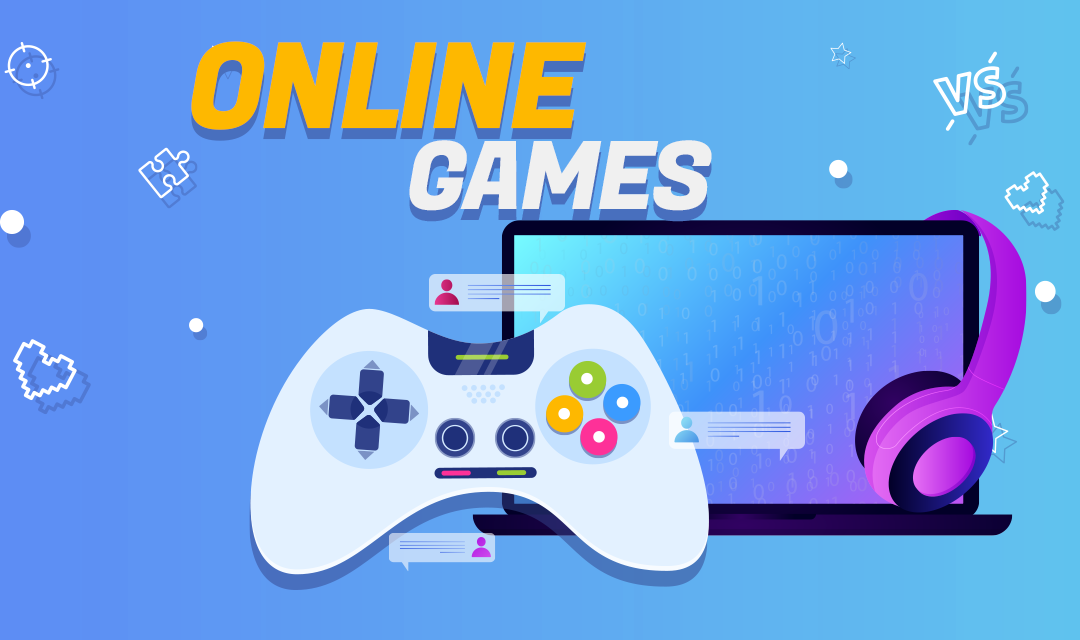In recent years, online gaming has transformed from a niche activity into a mainstream cultural phenomenon. The rise of high-speed internet, mobile devices, and accessible gaming platforms has revolutionized the way we engage with digital entertainment. Online games have become a dynamic space where people of all ages interact, compete, and socialize. This article explores the multifaceted world of online surgawin gaming, delving into its appeal, benefits, challenges, and the future of this vibrant industry.
The Appeal of Online Games
Online games have become immensely popular due to their accessibility and variety. Whether through a console, PC, or smartphone, gamers can connect with others around the world, creating a sense of community and shared experience. These games cater to a wide range of interests, from immersive role-playing games (RPGs) and first-person shooters (FPS) to casual mobile games and puzzle challenges.
A key element of their appeal is multiplayer functionality, allowing players to collaborate or compete in real-time. Games like Fortnite, League of Legends, and Minecraft have become cultural landmarks, with millions of players participating in global tournaments, live-streaming sessions, and community events. This connectivity has given rise to esports, where professional gamers and teams compete for large prizes, further legitimizing online gaming as a serious endeavor.
Social Benefits of Online Gaming
One of the most significant benefits of online gaming is its ability to foster social interaction. Multiplayer games, particularly those with cooperative gameplay, allow players to form teams, build friendships, and create meaningful relationships. Many gamers meet people from different cultures, backgrounds, and regions, making online gaming a truly global experience.
For younger players, online games can provide an opportunity to develop teamwork, leadership, and problem-solving skills. The shared experience of completing quests, defeating enemies, or building virtual worlds can also improve communication and socialization, especially for those who might be introverted or struggle with in-person interactions.
In addition, live streaming platforms like Twitch and YouTube have added a new dimension to online gaming, allowing players to share their experiences with a wider audience. Watching others play can be as engaging as playing oneself, and the interactions between streamers and their followers can lead to a sense of belonging and community.
The Cognitive and Emotional Benefits
Online games, particularly strategy and puzzle games, are often praised for their cognitive benefits. These games require critical thinking, quick decision-making, and multitasking, which can help improve cognitive flexibility and memory. Games that simulate real-life scenarios, like SimCity or The Sims, promote creativity and planning, encouraging players to think critically about resource management, time constraints, and problem-solving.
Emotionally, online games can be an outlet for stress relief. Many players find comfort in immersing themselves in virtual worlds as a way to unwind after a long day. The sense of achievement from completing in-game challenges or progressing in a story can provide emotional satisfaction and boost self-esteem.
The Dark Side of Online Gaming
However, online gaming is not without its challenges. For some players, the immersive and competitive nature of these games can lead to addiction. Video game addiction has become a growing concern, especially among adolescents. Excessive gaming can negatively affect physical health, such as poor posture, eye strain, and lack of physical activity. Additionally, excessive screen time can interfere with academic or social responsibilities.
Toxic behavior in online communities is another issue. While many games promote camaraderie and friendly competition, others can foster negativity, including harassment, bullying, and trolling. These issues can create a hostile environment for players and discourage some from engaging in online games altogether. Developers are increasingly working to implement measures to combat toxic behavior, such as reporting systems, in-game moderation, and player conduct guidelines.
The Future of Online Gaming
The future of online gaming looks brighter than ever, with new technological advancements on the horizon. Virtual reality (VR) and augmented reality (AR) are set to revolutionize the way we play and interact within digital spaces. These technologies will enable even more immersive experiences, where players can feel as though they are physically present in the virtual world.
Cloud gaming is another exciting development. With platforms like Google Stadia, Microsoft Xbox Cloud Gaming, and Nvidia GeForce Now, players can stream games directly to their devices without needing high-end hardware. This could make online gaming more accessible to people who don’t own expensive gaming consoles or PCs.
